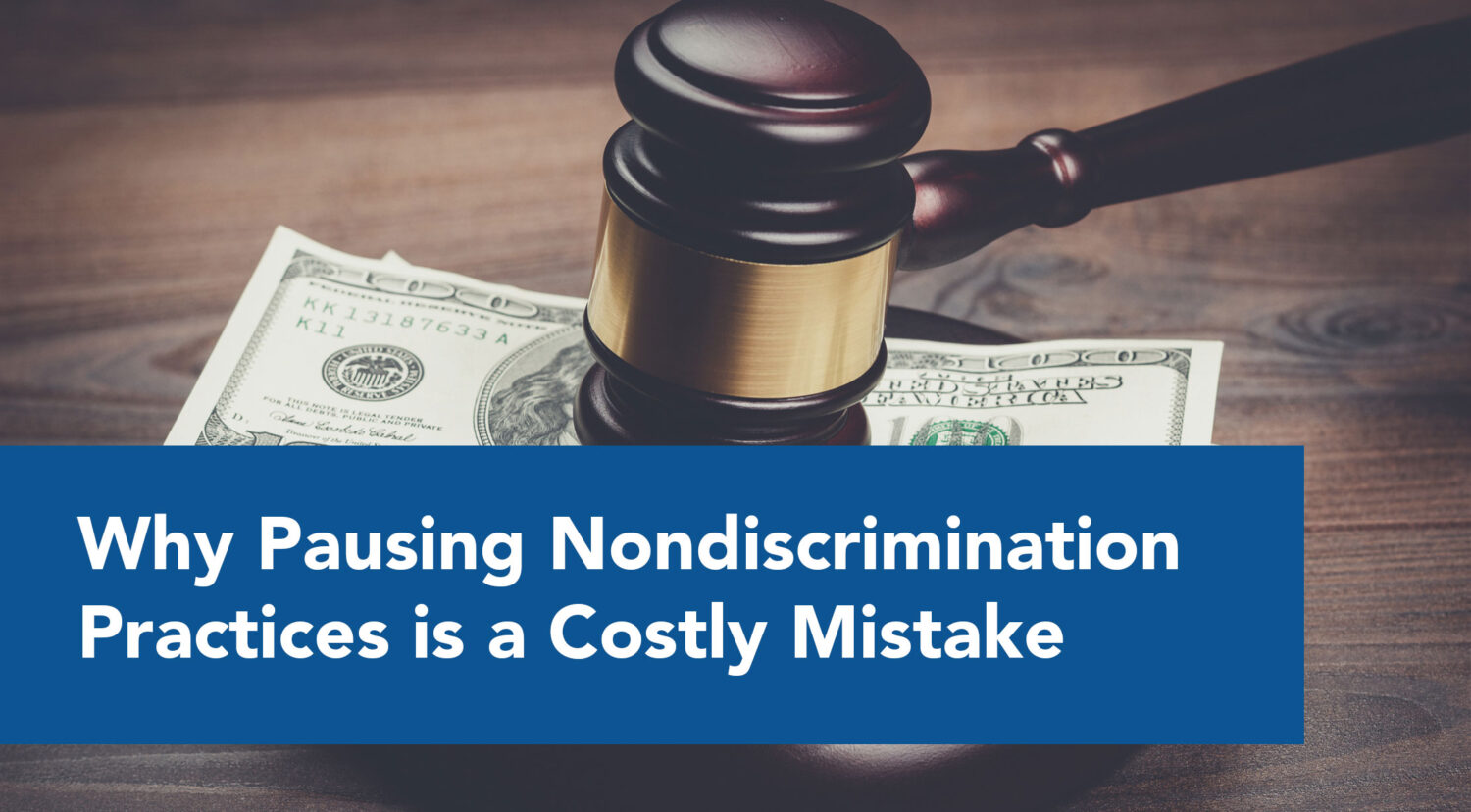

Judge Orders Employers to Turn Over Pay Data to EEOC by Sept. 30
On April 25, a federal judge ruled that the Equal Employment Opportunity Commission will have until Sept. 30 to collect worker pay data from employers. More than 60,000 employers will have to turn over worker pay data to the EEOC as part of the new requirement for filing the EEO-1. The pay data reporting changes…
Read More









